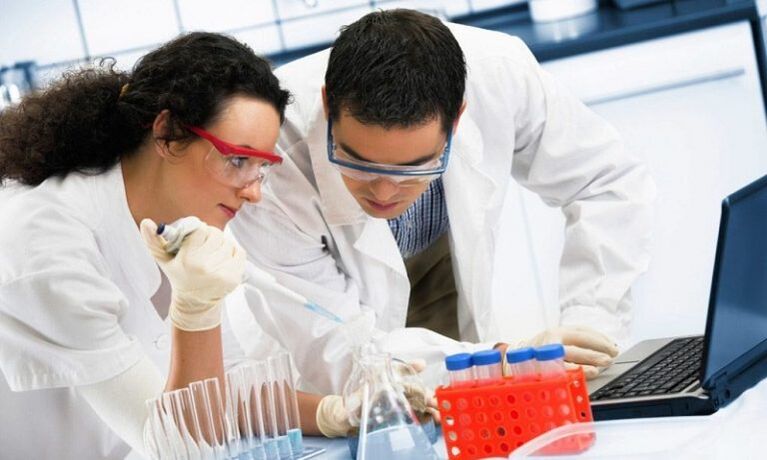For a male health professional, the treatment regimen for prostatitis is always quite simple. The general rules are formed on the basis of the nature of the disease. Medications can be differentiated only when there is an individual difference between patients.
Of course, the type of pathogen may also influence the therapeutic program for the treatment of prostatitis. Prostatitis develops not only from acute infectious inflammation, but also from a chronic form. Often the cause is a viral form of the disease. Different non-specific prostatitis are treated slightly differently from bacterial.
Before choosing a treatment regimen, the patient must be accurately and correctly diagnosed. This is possible only with the appropriate competence of the attending physician.
Infectious prostatitis
Various viruses can cause painful changes in the function and structure of the prostate gland. As a rule, they are sexually transmitted and are therefore treated under the supervision of a dermatovenerologist.

After prescribing laboratory tests, the doctor selects the antiviral drugs needed for a particular condition. They are often combined with antispasmodics. If chronic prostatitis is acute, analgesics may be needed.
In addition to exacerbation, direct massage of the prostate gland is indicated. Such therapy helps to quickly remove fluids with pathogenic flora from the body affected by the virus. Massage also reduces inflammation and stimulates adequate prostate function.
Bacterial prostatitis
The treatment regimen for bacterial prostatitis should be based primarily on antibiotic therapy. In this case, antibiotics are the first line of treatment. Authorized use of bacteriostatic and bactericidal drugs that help complete remission of symptoms of inflammation of the prostate gland.
Physical therapy is also an integral part of the treatment of chronic prostatitis. Apparatus procedures help to have a very gentle and gentle effect on the affected organ, restoring the health of the body.
In this situation, not only targeted but also overall impact is important. After all, an effective treatment regimen for prostatitis always involves an integrated approach to the patient's health.
Candidiasis prostatitis
Inflammation of the prostate gland caused by a fungal infection is treated like other bacterial forms. However, in this case, it is more important than ever to treat not only the man, but also his sexual partner.
After all, Candida is transmitted from woman to man during sexual intercourse. And a person infected with a healthy partner. Contact with an untreated partner will deny antibiotic therapy. Which may require the appointment of more aggressive drugs.

In the case of candidal prostatitis, the chronic form of the disease can even lead to the appointment of surgery. Indeed, the striking candida causes structural pathological changes in the tissues of the prostate gland. The results are often irreversible. An advanced form of the disease may require even radical intervention by a surgeon and complete removal of the affected organ from the fungus.
Calculus prostatitis
Prostate obstruction can also lead to serious consequences and the need for intracavitary intervention. Laser or voice therapy can be avoided with timely medical care. It is important to timely convert calculative sediments that can be naturally excreted from the body into sand.
Prostate massage should not be used in the exacerbation of chronic forms of congestive prostatitis. This can cause slippage in the stone joints, which can damage the vas deferens.
A strict enough diet is prescribed to normalize the level of salts in the body, which excludes the possibility of the formation of new stones in the prostate ducts.
Chlamydia prostatitis
The specificity of this form of inflammation of the prostate gland depends on the nature of the pathogen. Chlamydiae have signs of bacterial and viral infections. Therefore, the treatment regimen for chronic prostatitis in this situation is definitely complicated.

Detailed clinical studies of prostate secretion and other test results are very important in this form of the disease. After all, the appointment of a particular drug will directly depend on the duration and stage of the disease.
Even antibiotic therapy, which is a priority in the treatment of most types of prostatitis, may not be effective without such detailed laboratory analysis.
























